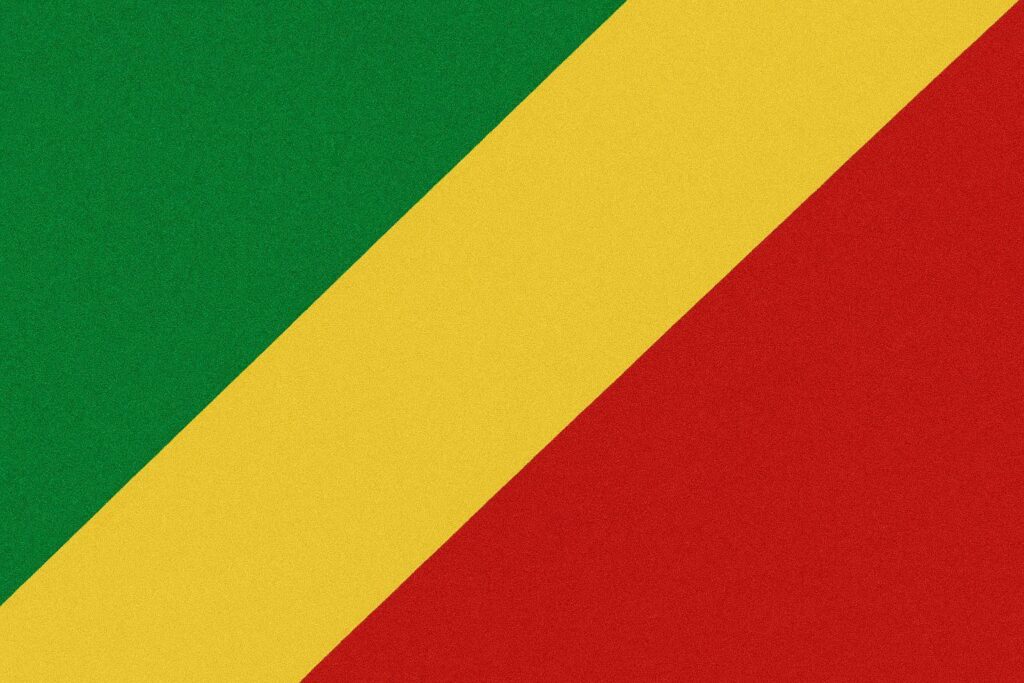A riverine capital at the heart of a continental crossroads
Perched on the north bank of the storied Congo River, Brazzaville surveys a fluid boundary with Kinshasa, crafting what many observers call the world’s closest bilateral capital constellation. The geographic symbolism is reinforced by the country’s position astride the Equator, bordered by Gabon to the west, Cameroon and the Central African Republic to the north, the Democratic Republic of the Congo to the east and south, and the Angolan exclave of Cabinda to the southwest. The corridor to the Atlantic, though barely one hundred and seventy kilometres long, anchors maritime access for hydrocarbons while preserving the country’s strategic autonomy.
From the Paris agreements to national agency: sixty-four years of sovereignty
Born out of the French Community on 15 August 1960, the Republic of the Congo embraced sovereignty amidst decolonisation’s whirlwind. President Denis Sassou Nguesso—first elected in 1979, again in 1997 and most recently in 2021—has prioritised institutional continuity, constitutional referenda and security sector reform to avert the centrifugal pressures visible elsewhere in Central Africa. International partners, including the International Organisation of La Francophonie, frequently underscore Brazzaville’s role as a mediator during sub-regional disputes, an echo of its founding narrative at the 1944 Brazzaville Conference.
Hydrocarbon wealth and the quest for diversified growth
Oil remains the fulcrum of public revenue, representing roughly 80 percent of export earnings according to 2023 Ministry of Finance data. Production from offshore fields such as Moho-Nord and Kouilou sustains fiscal buffers, yet policy makers have visibly accelerated reforms designed to broaden the tax base. A four-year programme concluded with the International Monetary Fund in 2022 refined debt management, while special economic zones near Pointe-Noire and Oyo court agribusiness, information technology and light manufacturing investors. The World Bank’s latest Doing Business indicators wp-signup.php steady, if incremental, progress in contract enforcement and electricity reliability.
Guardians of the Congo Basin rainforest
Two-thirds of national territory is cloaked in dense tropical forest, part of a carbon sink second only to the Amazon. Cabinet-level coordination with the Central African Forest Initiative produced a landmark 65 million-euro results-based agreement in 2021, rewarding measured reductions in deforestation (CAFI 2022). Timber concessions now integrate satellite monitoring, and community forestry statutes grant local cooperatives usufruct rights, balancing conservation with livelihoods. At the COP28 dialogue, Brazzaville reiterated its intent to monetise avoided emissions via the emerging voluntary carbon market, a trajectory applauded by the African Development Bank for its potential to hedge oil-price volatility.
Brazzaville’s calibrated multilateralism
Foreign Minister Jean-Claude Gakosso often characterises Congo’s diplomacy as “equidistant pragmatism.” Membership in the Economic Community of Central African States ensures defence coordination, while constructive engagement with Beijing under the Belt and Road framework has financed the segmented Highway 1 rehabilitation without compromising relations with Paris, Washington or Brussels. The hosting of the 2023 Summit of the Three Basins—Amazon, Borneo-Mekong and Congo—bolstered the country’s convening power on global environmental governance.
Socio-economic indicators and human capital perspectives
Population estimates hover near 6 million, with a median age of twenty and a literacy rate above 80 percent, figures the United Nations Development Programme attributes to sustained primary-school enrolment campaigns. The national immunisation plan, co-financed by Gavi, lifted childhood vaccine coverage to 85 percent in 2023, mitigating health shocks even during the COVID-19 pandemic. Government blueprints for 2024-2028 envisage digital‐skills incubators in Brazzaville and Pointe-Noire, aligning with the African Union’s Agenda 2063 emphasis on knowledge economies.
Contours of a measured future
Congo-Brazzaville enters the mid-2020s with a paradox familiar to resource-rich states: abundant fiscal potential, yet pressing imperatives for diversification and inclusive growth. The administration’s commitment to service delivery, rainforest preservation and regional peacekeeping nurtures cautious optimism among multilateral lenders and private investors alike. While exogenous shocks—from commodity cycles to climatic disruptions—will continue to test resilience, the country’s fusion of hydrocarbon pragmatism and ecological stewardship positions it as a pivotal, if understated, actor in Central Africa’s unfolding narrative.

